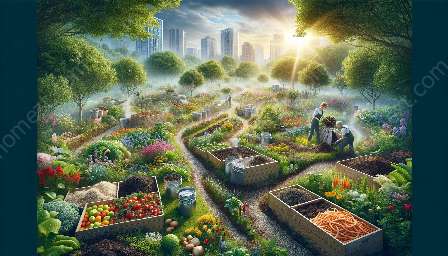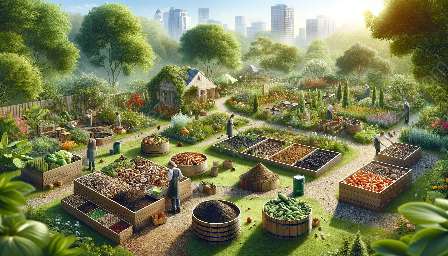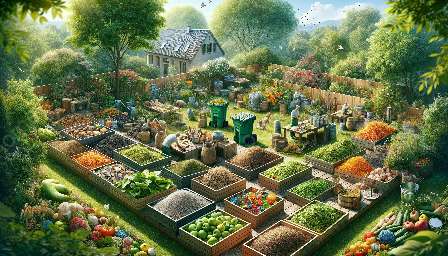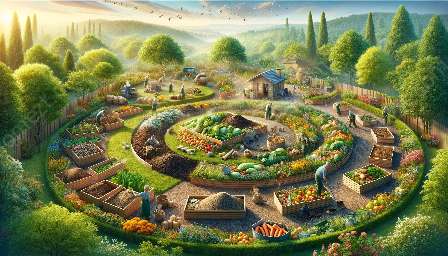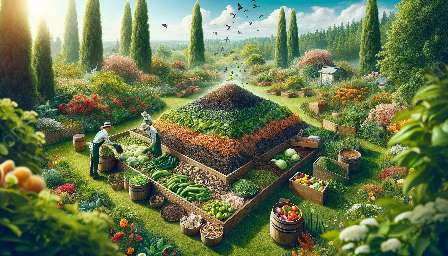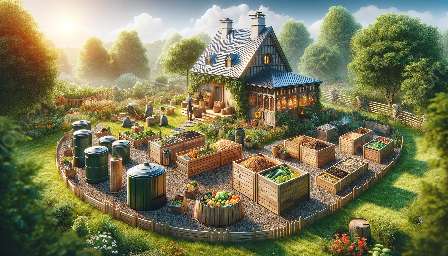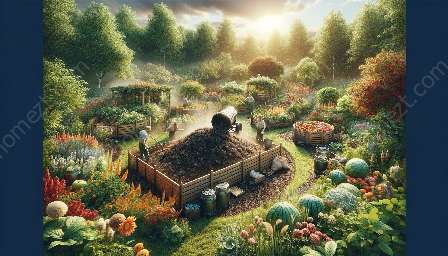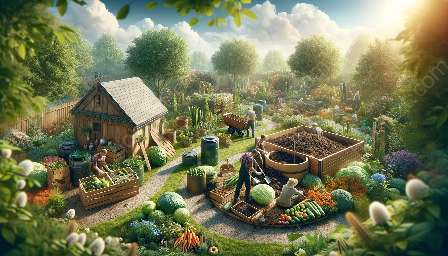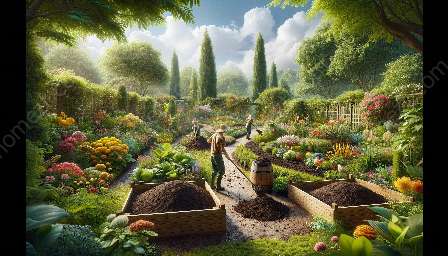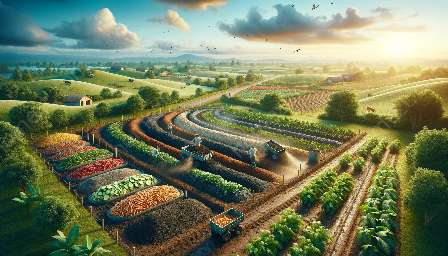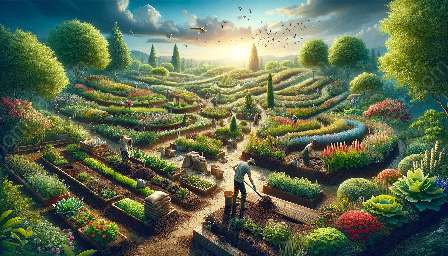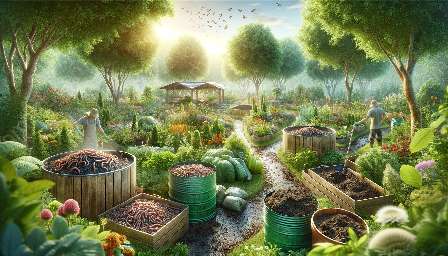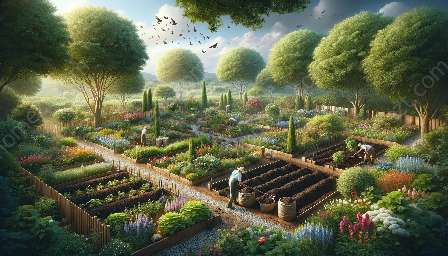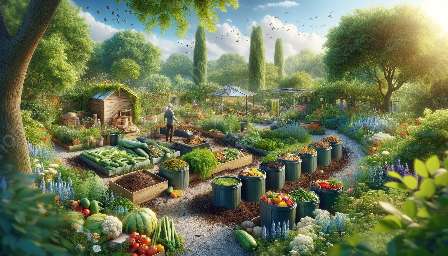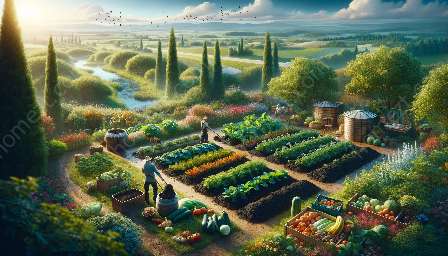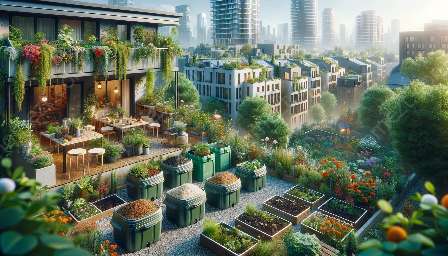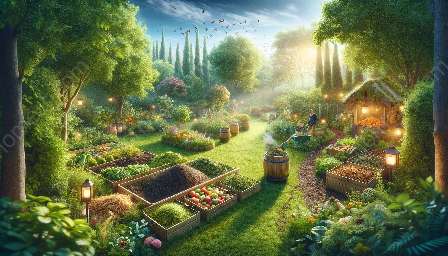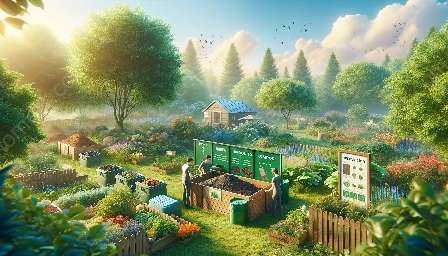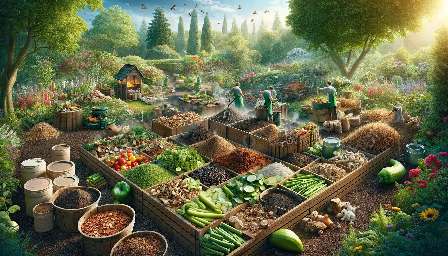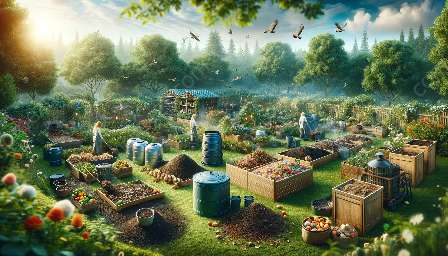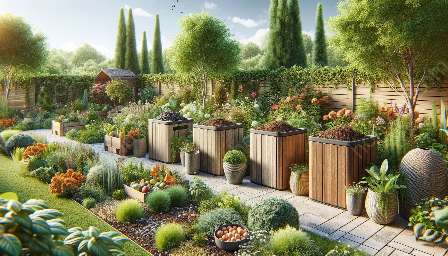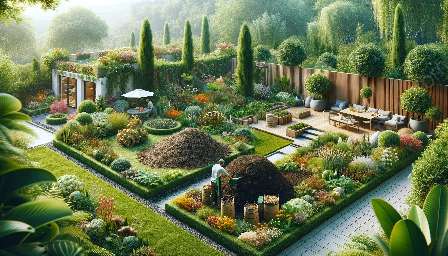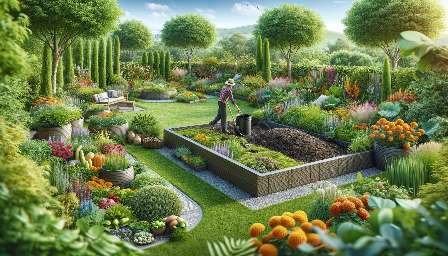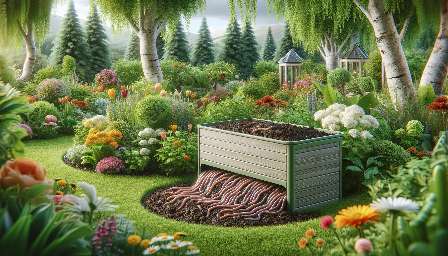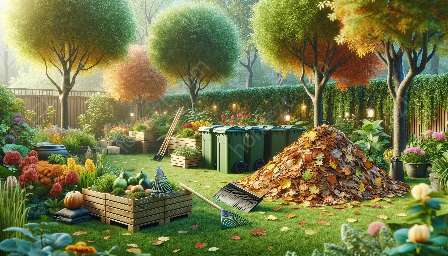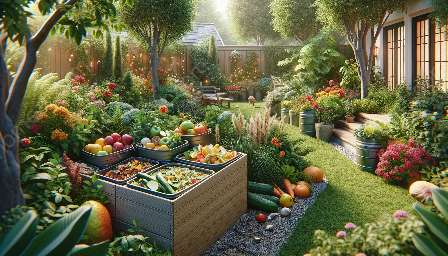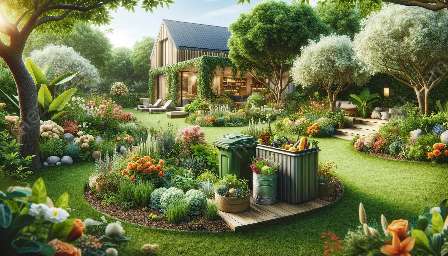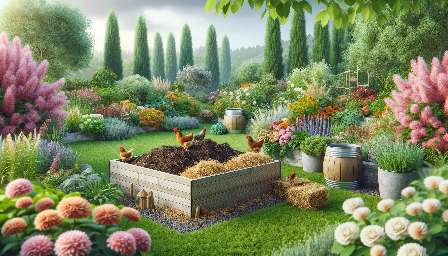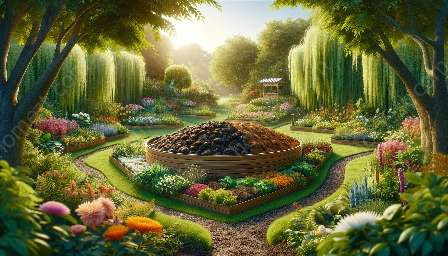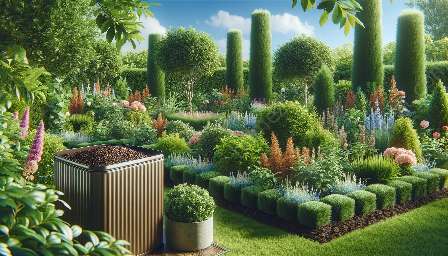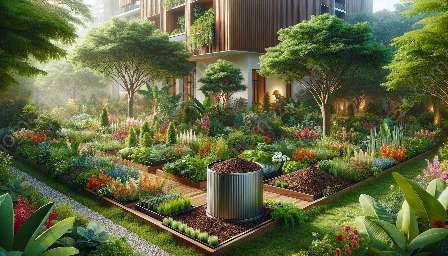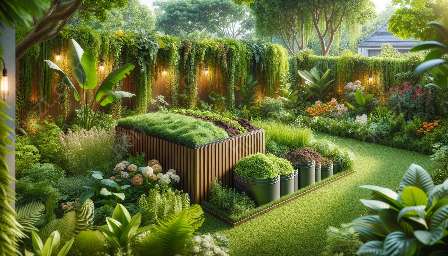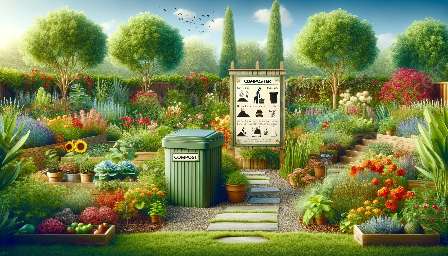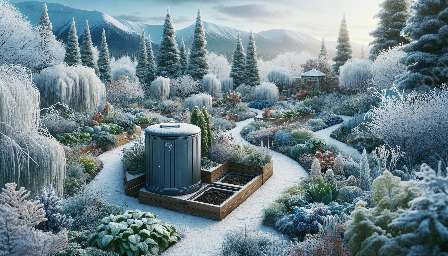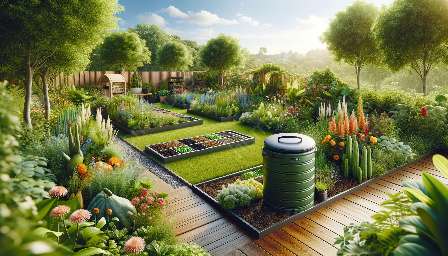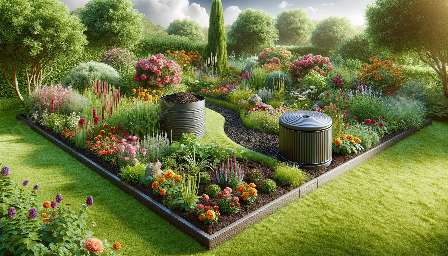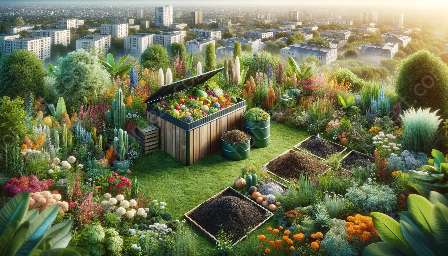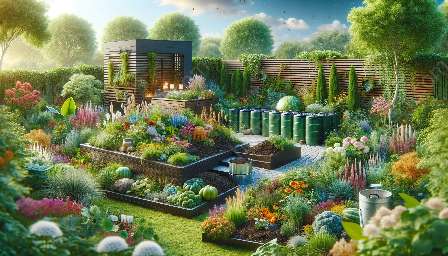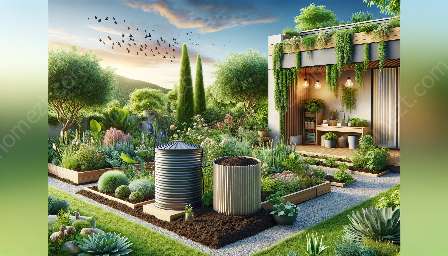Composting yard waste is a sustainable and eco-friendly practice that can benefit both gardening and landscaping. It involves the decomposition of organic materials to create nutrient-rich compost, which can be used to improve soil quality and promote healthy plant growth.
The Process of Composting Yard Waste
Composting yard waste begins with collecting organic materials such as grass clippings, leaves, branches, and other plant debris. These materials are then piled together in a compost bin or designated area. The decomposition process is facilitated by microorganisms, such as bacteria and fungi, which break down the organic matter into compost. This process requires the right balance of carbon-rich (brown) and nitrogen-rich (green) materials, as well as proper aeration and moisture levels.
Benefits of Composting Yard Waste
- Soil Enrichment: Compost enriches the soil with essential nutrients and improves its structure, promoting better moisture retention and drainage.
- Reduced Landfill Waste: Composting yard waste helps divert organic materials from landfills, reducing methane emissions and promoting a more sustainable waste management system.
- Natural Fertilization: The nutrient-rich compost can be used as a natural fertilizer for gardening and landscaping purposes, reducing the need for chemical fertilizers.
- Environmental Benefits: Composting yard waste contributes to a healthier environment by reducing greenhouse gas emissions and promoting soil health.
Tips for Successful Composting
- Balance Carbon and Nitrogen: Maintain a proper balance of carbon-rich and nitrogen-rich materials in the compost pile to facilitate decomposition.
- Aeration: Turn the compost pile regularly to ensure proper aeration, which accelerates the decomposition process.
- Moisture Management: Keep the compost pile moist, but not waterlogged, to support microbial activity and decomposition.
- Layering: Layer different types of yard waste to create a balanced mix of materials for effective composting.
Integrating Composted Yard Waste into Gardening and Landscaping
Once the yard waste has fully decomposed into compost, it can be incorporated into gardening and landscaping practices in various ways. Compost can be used as a soil amendment, mulch, or top dressing to improve the health and fertility of the soil. It also promotes the growth of healthy plants by providing them with essential nutrients and improving soil structure.
By integrating composted yard waste into gardening and landscaping, individuals can create sustainable and thriving outdoor spaces while contributing to environmental conservation.

